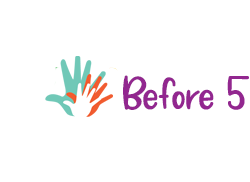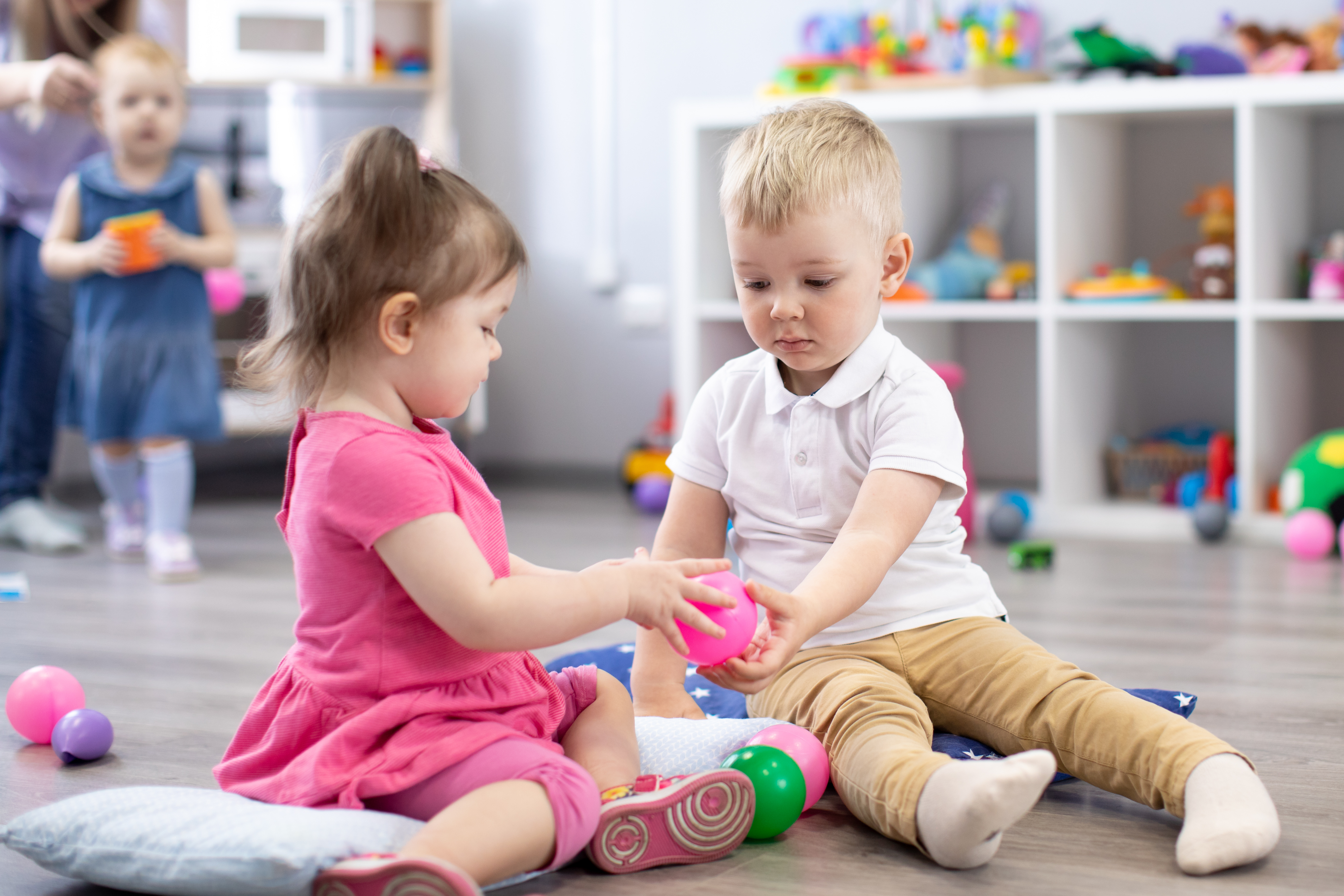Summer is a great time to get outside and play with your kids. We know as parents, sometimes we get in a rut on what to do with our kids, especially during summer. We hope these ideas help you make this the best summer ever!
- Eat meals outside on a blanket
- Make ice cream sundaes
- Make homemade lemonade
- Visit your local farmer’s market
- Grow vegetables in a pot or garden
- Plant flowers
- Fill balloons with water and play games with them
- Turn on the sprinkler for your kids to run through
- Visit your local library weekly and participate in summer reading programs
- Bake a homemade treat with strawberries and blueberries
- Make an obstacle course in your backyard
- Chase bubbles
- Draw silly pictures with chalk outside
- Visit your local parks weekly
- Daily walks/bike rides
- Visit your local lakes/beaches
- Go fishing
- Build a sandcastle
- Look for shells and rocks to paint
- Fly a kite
- Play hopscotch
- Hoola Hoop
- Make a blanket fort
- Catch fireflies
- Visit a U Pick Farm
- Read together daily
- On rainy days play board/card games
- Write letters or draw pickets to send on the mail to family and friends
- Backyard camping with s’mores and hot dogs
- Play flashlight tag
- Build a bird feeder
- Play hide and seek
- Build and decorate paper airplanes
- Play cornhole
- Look for shapes in the clouds
- Play I Spy backyard edition
- Watch a local baseball game
- Splash in puddles
- Make a mud pie
- Skip stones in a lake or pond
- Press flowers in a book
- Watch the sunset as a family
- Wash your car
- Go to a parade
- Make DIY play dough
- Play The Floor is Lava
- Make shadow puppets
- Stack plastic cups to make a tower
- Turn a cardboard box into a car or spaceship
- Play games like Simon Says and Follow the Leader




